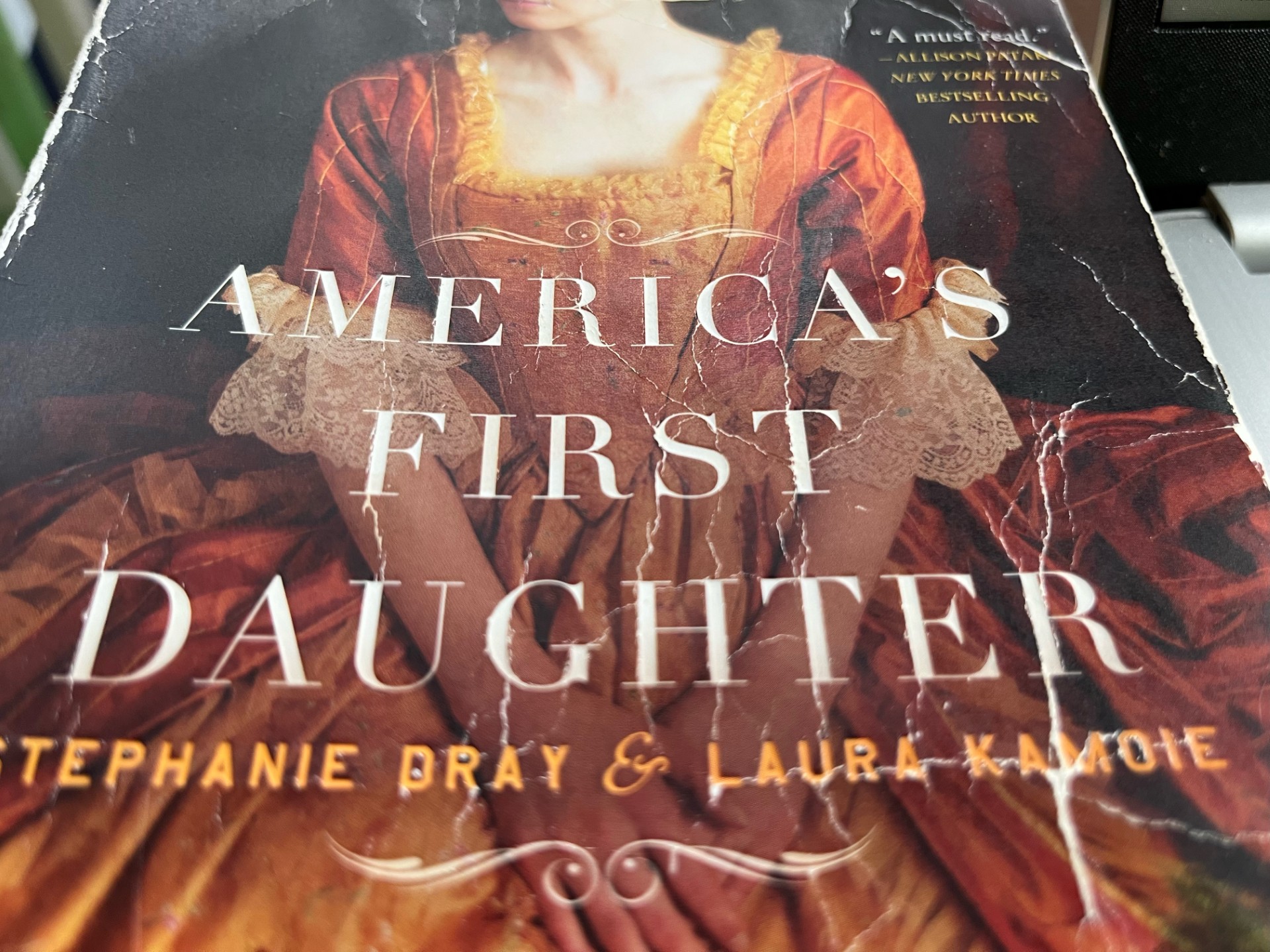“I’ll tell you a secret about being happy, Tom. Sometimes you just have to pretend at it until it becomes real.”
America’s First Daughter
As we enter the month of June, we come to the month that features Juneteenth, a holiday that celebrates the ending of slavery in America. This is a subject charged with emotions for many people. I feel that it is extremely important for us to work to understand the issues of slavery and the layers of wrong that colored it. America’s First Daughter, a book describing the life of Thomas Jefferson’s daughter Martha I find especially helpful in learning about the issue of slavery and other difficulties that shaped the beginning of our beloved country. While it is a work of beauty, America is certainly not perfect and that is true even during the fundamental years after the revolution.
The Sound of Silence
One of the most fundamental rules to a Virginian’s life was the rule of silence. Honor was everything, and as long as any rumors of unsavory action were kept at bay, honor prevailed. This, of course, included the unsurprising things such as “woman affairs” ( pregnancy, menstruation, or even just sensitive emotions), scandalous subjects like horrendous crime or carnal activities, and feelings of dislike towards another. Even such things as the admission of love for a spouse could remain completely unspoken for a lifetime.
However, this principle took a perilous turn when it kept people from protecting vulnerable victims or even being aware of their plight. This is displayed many times throughout Martha’s life. We see her, as well as her children, abused by her husband. Her daughter endures abuse at the hands of her own husband, bringing her to an untimely death. And throughout all of this, no one is willing to call in authorities or even directly confront the abuser. The most that can be given is encouragement for the victim to flee. The desperate need for them to avoid scandal, even on the abuser, overrides their devotion to others.
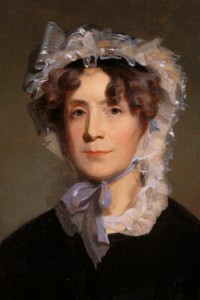
This issue is only enhanced when we come to the subject of slavery. Many of the Virginians knew that slavery was wrong and contradictory to the values America had been established on. However, they chose to keep their honor in place and avoid the subject. It was considered incredibly impolite to directly attack someone, especially on the subject of slavery. If a Virginian were forced to speak their mind on the issue, they would find ways to smoothly maneuver through the topic without allowing the discussion of morals to come.
Thomas Jefferson was no exception to this rule of silence. We hear that he “never spoke on anything he did not want to.” The man who was notorious for the incredible amount of words that passed through his pen, who had interest in nearly every subject under the sun, and was a determined politician with strong opinions had nothing to say about slavery. He claimed to believe it was wrong but was not willing to do anything to act against it. Being such an influential figure in America, his silence was incredibly loud.
Times of Desparation
In Virginia, land was everything. A man could not vote or hold any status in his country unless he owned fifty acres of land. This is a lot of land, especially considering the difficult nature of farming necessary for the kind of plants that were valuable. When you look at the neighboring competition that these huge plantations might offer a Virginian farm, the proposed economic “need” for slaves starts to become clear. The only way to profit in a land run by slaves is to use slaves yourself.
While this is a difficult truth, we see it in Martha’s story. Her teenage love refuses to go back with her to Virginia, despite professing his overwhelming love for her and holding a strong bond with her father. Why? Because he believes slavery to be evil. However, he is strongly confident that there is no way to be successful and support his family without slavery in Virginia. Martha’s husband also has a hate for slavery but becomes a manager of multiple plantations in his time because there is no other job in Virginia. Even serving as their governor for a few years, he is incapable of ridding himself of this offense.
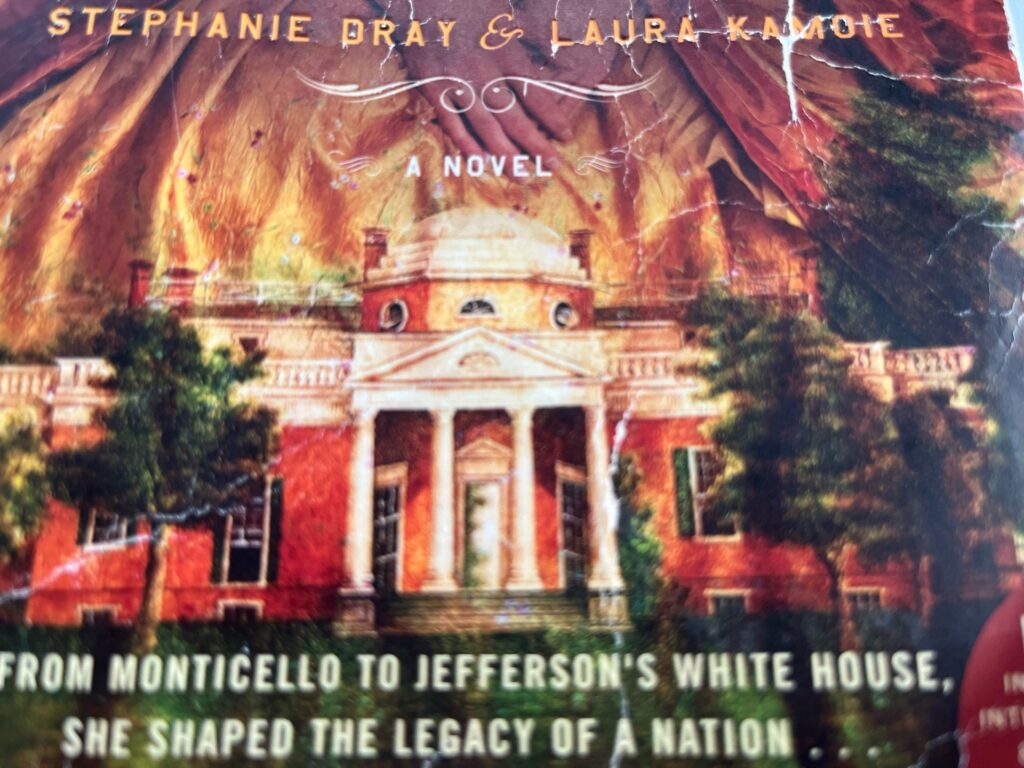
Thomas Jefferson spent the end of his life struggling with extreme financial difficulties. His need to extend hospitality to thousands of people during and after his presidential campaign heavily burdened him. In addition, his daughter and her eleven children, as well as multiple grandchildren, were financially dependent on him. He was forced to take out many loans, which he was unable to repay. There were creditors at his door, waiting for his death while he desperately tried to secure a future for his descendants.
Now while land was what gave you status in Virginia, it in itself was not worth very much money. There was a lot of land in Virginia. What was more valuable were slaves. They provided a profit that could not be gathered from land alone. It is sad to say, but the financial situation at the time virtually made it impossible for Thomas Jefferson to free his slaves, especially with how it would tarnish his beloved reputation among his fellow Southerners.
Searching for a Solution
Thomas Jefferson orchestrated a successful revolution in America with his pen. He did the same thing for France, despite having no ties of home there. He studied science with a fascination. He invented ideas and policies that changed the world. But he said that slavery was a challenge for the next generation. They would be the ones to rid this world of evil. President Thomas Jefferson, author of the Declaration of Independence, could not find a solution to slavery.
Perhaps that should tell us how complicated and demanding the issue of slavery was in America at the time. In a union of thirteen completely separate colonies, harmony was a very brittle thing. Loyalties on the wrong side of an issue were a dangerous thing to have. Peace was hard to keep and easy to lose. Especially on something that the country felt so shamed and wracked with guilt regarding like slavery.
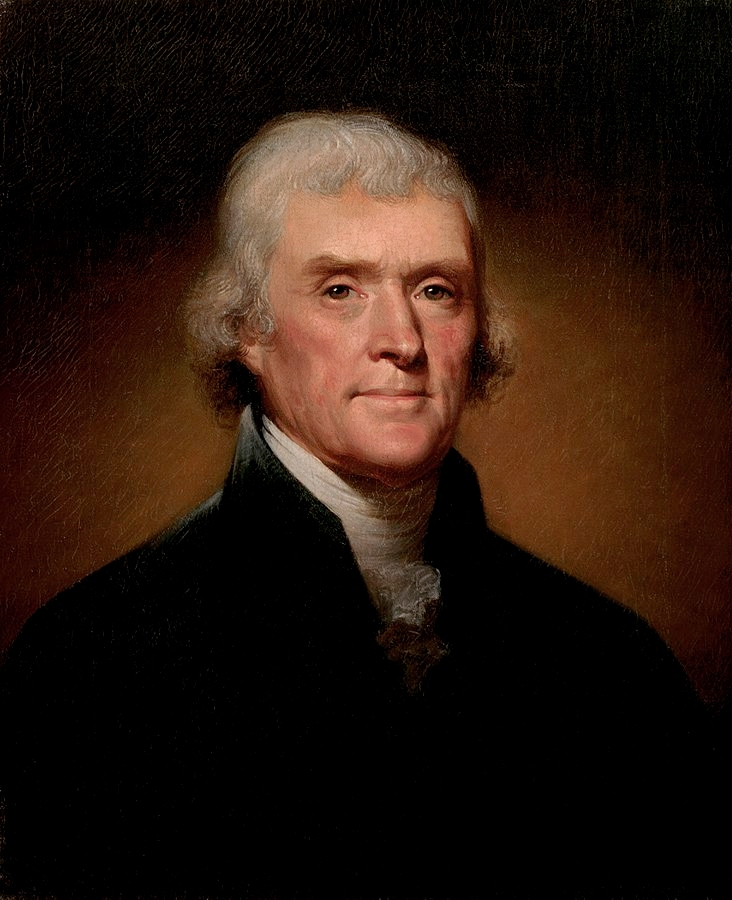
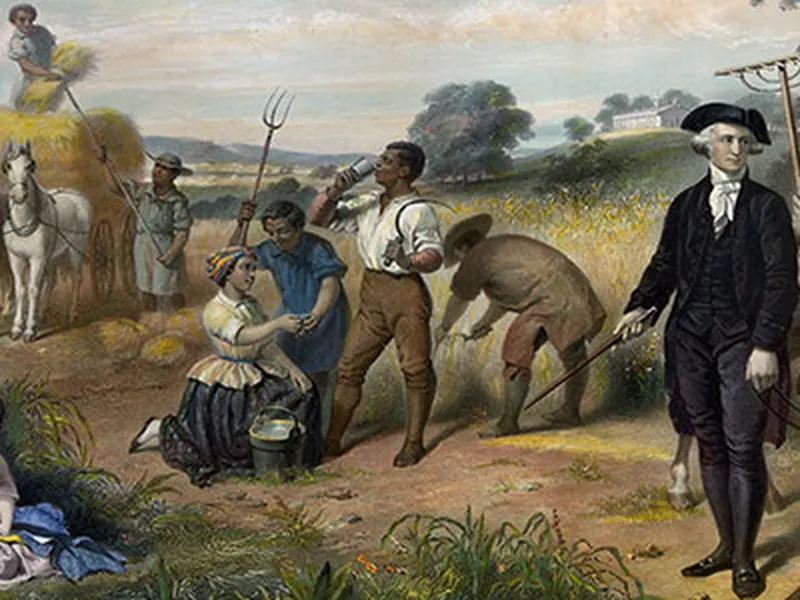
Slaves had started an uprising. There were skirmishes and massacres and revolutionary whisperings of their own among the black people. It felt scary to keep them in bondage. It was an evil deed, and everyone knew it. The practice certainly could not continue in a country that claimed freedom as its selling point. And more uprisings could come, even a war.
But how do you rework the economy of an entire culture? How do you convince guilty Southerners who doggedly side with and defend slavery so that they do not have to feel their guilt? How do you teach an entire people group to be independent when they have only ever been enslaved? To do anything you would need the support of many if not all Virginians. And that seemed an impossible task, even for the beloved Thomas Jefferson.
There are many powerful elements to the book America’s First Daughter that I would love to discuss in detail but cannot. Themes such as duty to country and parents, allowing the end to justify the means, lying to protect honor, and much more take root in this novel. However, I felt that the powerful and very emotional topic of slavery was important to discuss as presented in this book. It shows how twisted society had become, and how sin had fused to culture. But it also shows us that those we blame sometimes carry very heavy burdens. We should be so thankful for how our country has grown and allow this knowledge to bring us some measure of rejoicing. We reap the fruits of those founding father’s labors and we can never repay them.
